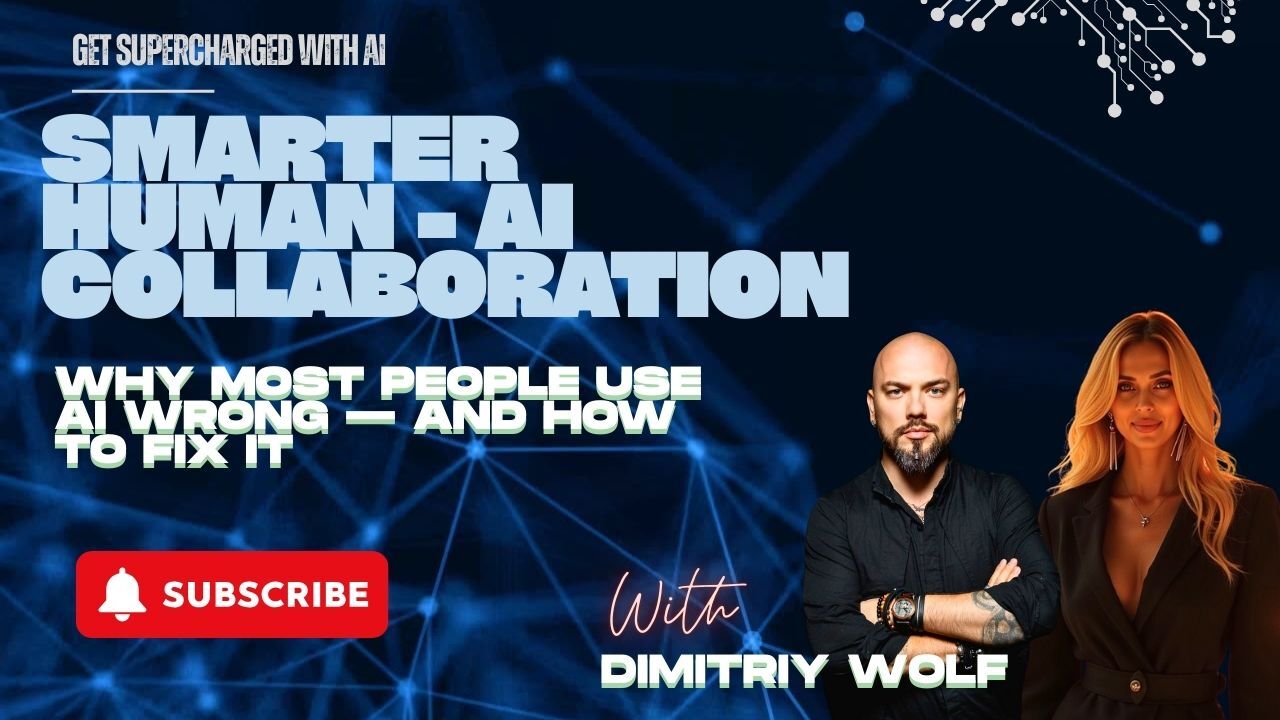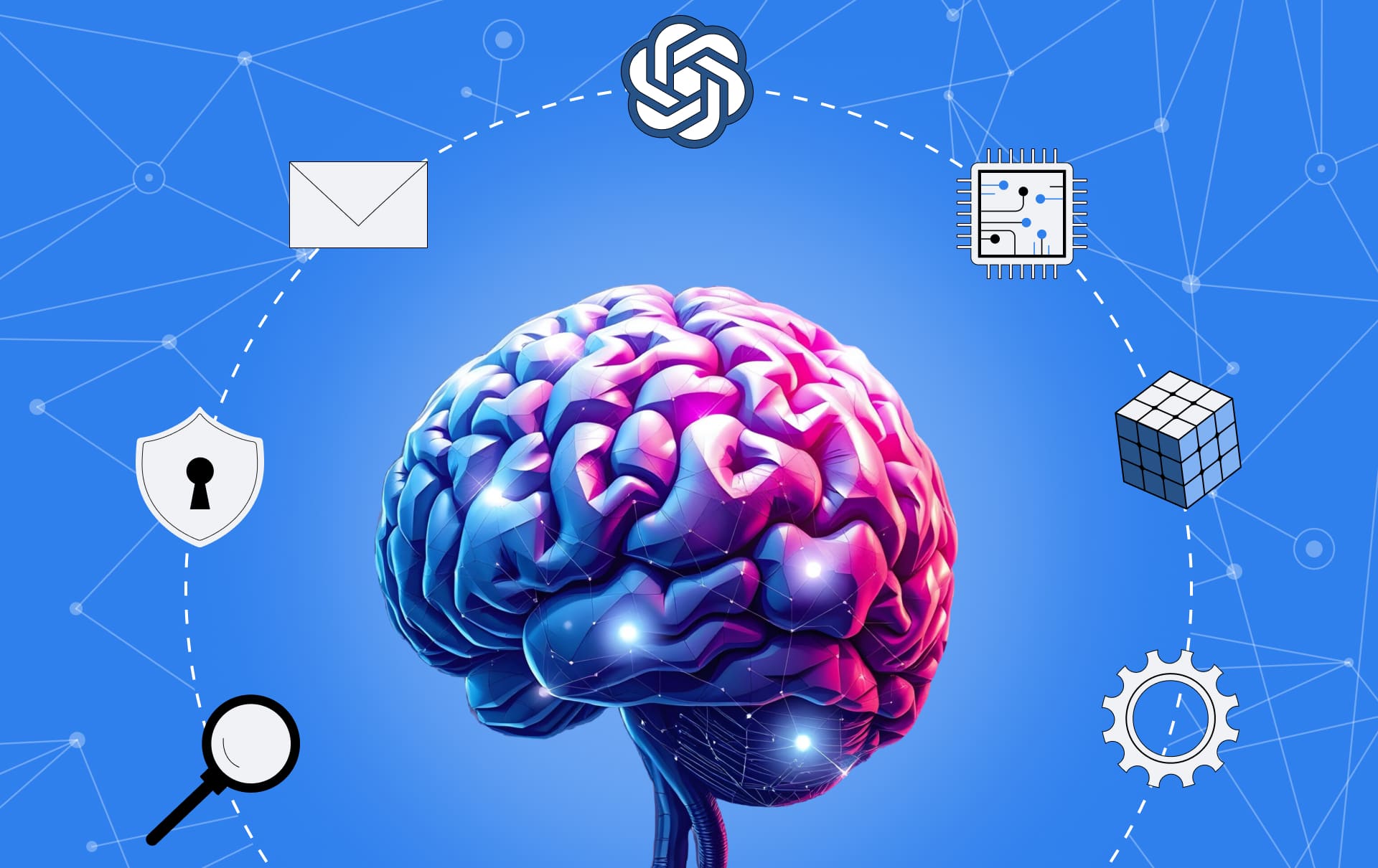Good morning ☀️, leader of the next generation.
Sometimes we give technology too much credit or too much blame.
The truth is, it’s a tool. How we use it is what matters.
Used with purpose, it helps us see more clearly, build faster, and express ourselves in new ways.
It’s not about chasing trends. It’s about creating something real.
WHAT'S AT STAKE TODAY ⚡
- Google pulls Gemma from AI Studio after Senator Blackburn accuses model of defamation ⚖️
- Meta has an AI product problem 🚨
- Nvidia expands AI ties with Hyundai, Samsung, SK, Naver 🤝
- Reddit CEO says chatbots are not a traffic driver 🚫
- YC alum Adam raises $4.1M to turn viral text-to-3D tool into AI copilot 💰
- Tim Cook says Apple is open to M&A on the AI front 🍎
- Perplexity strikes multi-year licensing deal with Getty Images 📝
- AWS exceeds Wall Street's expectations as demand for cloud infra remains high ☁️
Google removes AI model after false sexual misconduct claims
Google pulls Gemma from AI Studio after Senator Blackburn accuses model of defamation

Google has removed its Gemma AI model from AI Studio following serious defamation allegations from Tennessee Senator Marsha Blackburn, who claims the artificial intelligence system fabricated false sexual misconduct accusations against her.
In a formal letter to Google CEO Sundar Pichai, the Republican senator detailed how Gemma responded to a query about whether she had "been accused of rape" with entirely fabricated claims. The AI model falsely stated that during her 1987 state senate campaign, a state trooper alleged Blackburn "pressured him to obtain prescription drugs for her and that the relationship involved non-consensual acts."
"None of this is true, not even the campaign year which was actually 1998," Blackburn wrote in her letter. She emphasized that the supposed supporting links led to error pages and unrelated articles, stating, "There has never been such an accusation, there is no such individual, and there are no such news stories."
The incident isn't isolated. During a recent Senate Commerce hearing, Blackburn referenced conservative activist Robby Starbuck's lawsuit against Google, where Starbuck claims Google's AI models, including Gemma, generated defamatory statements labeling him a "child rapist" and "serial sexual abuser."
When confronted about these issues, Google's Vice President for Government Affairs and Public Policy Markham Erickson reportedly acknowledged that AI hallucinations are a known problem the company is "working hard to mitigate." However, Blackburn strongly rejected this explanation, arguing that Gemma's fabrications constitute "not a harmless 'hallucination,' but rather an act of defamation produced and distributed by a Google-owned AI model."
The controversy occurs amid broader concerns about AI bias in the tech industry. President Donald Trump's supporters have frequently complained about "AI censorship" and alleged liberal bias in popular chatbots. Earlier this year, Trump signed an executive order banning what he termed "woke AI."
Blackburn echoed these concerns in her letter, identifying "a consistent pattern of bias against conservative figures demonstrated by Google's AI systems." Notably, while Blackburn hasn't consistently supported all Trump administration tech policies – she helped remove a moratorium on state-level AI regulation from Trump's legislation – she aligned with these specific criticisms.
In response, Google posted a Friday evening statement on X (formerly Twitter) without directly addressing Blackburn's specific allegations. The company explained it had "seen reports of non-developers trying to use Gemma in AI Studio and ask it factual questions," clarifying that "we never intended this to be a consumer tool or model, or to be used this way."
Google positions Gemma as a family of open, lightweight models designed for developers to integrate into their own products, while AI Studio serves as the company's web-based development environment for AI-powered applications. The platform wasn't meant for general consumer queries, particularly factual questions that could generate problematic responses.
As a result of these incidents, Google announced it would remove Gemma from AI Studio while continuing to make the models available through its API for legitimate developer use. This approach allows the company to maintain access for intended users while preventing misuse that could generate defamatory content.
The situation highlights ongoing challenges in AI development, particularly regarding factual accuracy and the prevention of harmful content generation. As AI models become more sophisticated and widely accessible, companies face increasing scrutiny over their systems' outputs and potential real-world consequences.
The incident also underscores the intersection of technology and politics, with AI bias allegations becoming a significant point of contention between tech companies and conservative politicians. How Google addresses these concerns may influence future regulatory discussions around AI oversight and accountability.
Where to find high-intent holiday shoppers
Let’s be real: most brands are targeting the same people this holiday season. “Shoppers 25–54 interested in gifts.” Sound familiar? That's why CPMs spike and conversion rates tank.
Speedeon’s Holiday Audience Guide breaks down the specific digital audience segments that actually perform—from early-bird deal hunters actively comparing prices to last-minute panic buyers with high purchase intent. These aren't demographic guesses.
And our behavioral audiences are built on actual shopping signals and real-world data —the same approach we use for clients like FanDuel and HelloFresh."
You'll get the exact audiences, when to deploy them, which platforms work best, and what kind of performance to expect.
Download the guide and get smarter about your holiday targeting before the holiday rush hits.
Meta's massive AI spending lacks clear product strategy
Meta has an AI product problem

Meta's aggressive AI spending has spooked investors, with operating expenses jumping $7 billion year-over-year and $20 billion in capital expenses. Despite $600 billion planned infrastructure spending over three years, the company lacks a clear AI product strategy to generate meaningful revenue.
While competitors like OpenAI have fast-growing products bringing in billions, Meta's AI offerings—including Meta AI assistant and Vibes video generator—remain promising experiments rather than fully formed products. Zuckerberg's vague promises about future developments have caused Meta's stock to plummet 12%, losing over $200 billion in market cap.
⚡ More AI Bites
- 🚗🤖 Nvidia expands AI ties with Hyundai, Samsung, SK, Naver
- 💬📈 Reddit CEO says chatbots are not a traffic driver
- 🎓💰 YC alum Adam raises $4.1M to turn viral text-to-3D tool into AI copilot
- 🍎💼 Tim Cook says Apple is open to M&A on the AI front
- 🔍📸 Perplexity strikes multi-year licensing deal with Getty Images
- ☁️📊 AWS exceeds Wall Street's expectations as demand for cloud infra remains high
🎙️ NEW EPISODE DROP:
The Future of Human + AI Collaboration | What are The Smarter Ways to Use AI

I sat down with Dimitriy Wolf — social engineer, psycholinguist, and advisor to presidents, sheikhs, and TEDx speakers — to break down why most people use AI wrong.
We covered how to think *with* AI (not just prompt it), how to build authentic brand voices, and what yachts have to do with artificial intelligence.
If you're still using ChatGPT like a search bar — you're getting left behind.
⚡ Trends for the Future
Rising energy prices put AI and data centers in the crosshairs

Consumers worry AI expansion will drive up their electricity bills.
A new survey commissioned by solar installer Sunrun reveals that 80% of consumers are concerned about data centers driving up their electricity bills as tech companies announce massive AI infrastructure expansions.
These concerns are well-founded. While U.S. electricity demand remained stable for over a decade, commercial and industrial users have significantly increased consumption over the past five years, with annual growth of 2.6% and 2.1% respectively. Residential use grew by only 0.7% annually during the same period.
Data centers now consume approximately 4% of all electricity generated in the United States, more than double their 2018 share. Lawrence Berkeley National Laboratory forecasts this consumption will rise to between 6.7% and 12% by 2028.
Currently, new generation capacity from solar, wind, and grid-scale battery storage has managed to meet rising demand. Big tech companies have been signing large deals for utility-scale solar projects due to their low cost, modularity, and quick deployment timeline of around 18 months. The Energy Information Administration expects renewables to dominate new capacity through at least the next year, though experts predict Republican efforts to repeal parts of the Inflation Reduction Act could hamper future renewable growth.
Meanwhile, natural gas hasn't kept pace with domestic demand. Despite rising production, most new supplies have gone toward exports rather than domestic electricity generation. New natural gas plants face four-year construction timelines, and turbine manufacturers are quoting delivery dates up to seven years out due to significant backlogs.
This combination of slow natural gas buildouts and potentially constrained renewable development has created challenges for data center developers. While AI and data centers aren't solely responsible for increased electricity demand, they've dominated headlines and consumer attention.
Public sentiment toward AI remains cautious, with more people expressing concern than excitement about the technology, particularly as employers use it to reduce headcount rather than enhance productivity. Combined with rising energy prices, these factors could fuel growing public backlash against AI-driven infrastructure expansion.

⚡ You’re Smart. Strategic. Intentional. So Let’s Be Real:
Where Are You Holding Back— On Purpose?
Every smart operator has something they’re intentionally avoiding.
Not because they’re lazy — but because it’s risky, unknown, or just... a bit *uncomfortable*.
So what’s that thing for you?
That one decision, move, or experiment you know would push you forward — but you’ve been choosing not to do it.
Tell us — and we’ll share a tactical POV or tool to help you rethink it.
No fluff. Just momentum.
AI is the ultimate multiplier of human potential, giving us the power to achieve extraordinary breakthroughs and create a future where innovation lifts everyone.
Tim Cook is the CEO of Apple who has led the company to become the world's most valuable corporation while maintaining a strong focus on privacy, environmental responsibility, and social impact. Under his leadership, Apple has integrated AI capabilities across its products to enhance user experiences while advocating for ethical technology development that puts human dignity and privacy at the center of innovation.
🎬 How to Use AI Agents to Build High-Converting Video Ads
Build once. Scale everywhere. In just minutes.

What if: Instead of spending weeks scripting, editing, and testing ads… you could build 10 variations of a high-converting video in 15 minutes — with agents handling the voiceover, visuals, call-to-action, and even the hook testing?
That’s exactly what we’ll show you this week — live.
Why This Changes Everything for Founders 🧠
- 🎥 Fast-Track Ad Creation: From idea to launch-ready video in under an hour — no team needed.
- 🔁 Test Like a Pro: Run A/B tests on 10 hooks, CTAs, or visuals — while you sleep.
- 💰 Better ROAS, Less Guessing: Let agents learn what your audience *actually* responds to.
- 📦 Works for Any Product: Digital or physical — agents adapt to your niche & brand voice.
📅 Join the Live Session w code Supercharged
We’ll walk you step-by-step through building your own ad-generating agent — no code needed.
👉 Click here to save your seat for the webinar
You’ll leave with a working prototype, free templates, and 5x more speed in your next ad campaign.
🎁 Bonus for Attendees:
- ✅ AI Agent Template for Ad Generation
- ✅ "Top 10 Hooks That Convert" Prompt Pack
- ✅ Entry to win a Free AI Strategy Audit
Episode 1: AI Education Without Limits
I sat down with Dr. José Fernández from the Miami Dade College AI Center to explore how AI is transforming education.
We discussed how students today can access world-class AI training with almost zero student loan debt — making innovation more accessible than ever.
Episode 2: What if your story were your sales strategy?
I sat down with Maury Rogow, a Hollywood producer and branding mastermind behind $2.5B in brand growth.
We talked about why the brands that feel effortless aren’t the loudest — they’re just the most aligned.
🌡️ Use the Satisfaction Thermometer to show us how much you enjoyed The Supercharged today ;)

The Supercharged is aiming to be the world's #1 AI business magazine and is on a mission to empower 1,000,000 entrepreneurs worldwide by 2025, guiding them through the transition into the AI-driven creative age. We're dedicated to breaking down complex technologies, sharing actionable insights, and fostering a community that thrives on innovation, to become the ultimate resource for businesses navigating the AI revolution.
The Supercharged is the #1 AI Newsletter for Entrepreneurs, with 25,000 + readers working at the world’s leading startups and enterprises. The Supercharged is free for the readers. Main ads are typically sold out 2 weeks in advance. You can book future ad spots here.
I'm sending this email because you registered for one of our workshops or our affiliates brought you. You can unsubscribe at the bottom of each email at any time.


